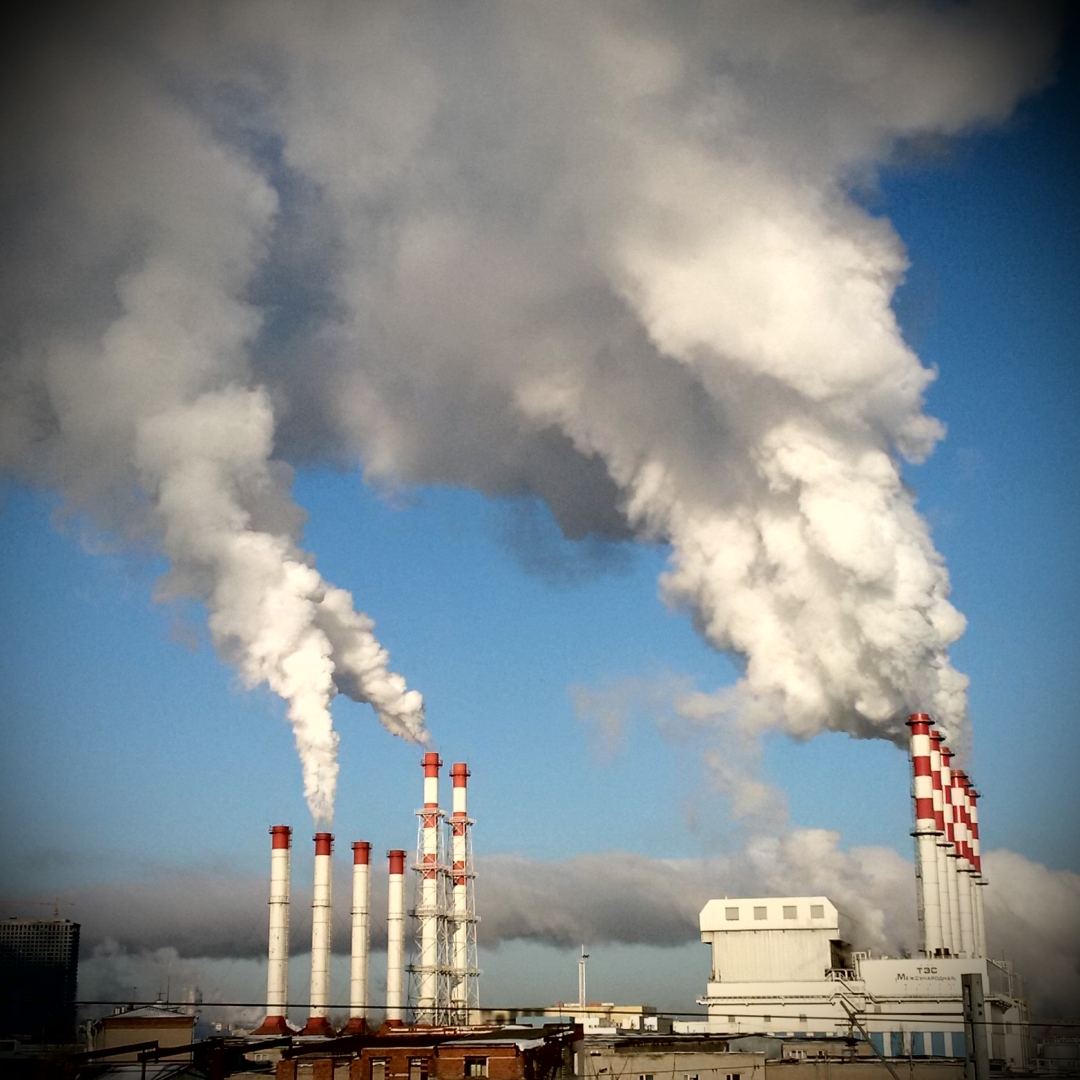Pressure continues to mount on Russia, new sanctions have been imposed by the US, UK, Canada, Australia and the Czech Republic, along with new updates from Poland and Japan. Meanwhile, Hungary and Turkey reiterated the need for economic ties with Russia, while China appeared cautious. Aside from sanctions, there were updates to reducing reliance on imports of Russian energy, and the potential for neutrality agreements to commence successfully on Tuesday.
Countries within the EU-US alliance have looked to hinder the Central Bank of Russia, oligarchs, and PEPs from using international resources (Table 1).
This article is only available to Macro Hive subscribers. Sign-up to receive world-class macro analysis with a daily curated newsletter, podcast, original content from award-winning researchers, cross market strategy, equity insights, trade ideas, crypto flow frameworks, academic paper summaries, explanation and analysis of market-moving events, community investor chat room, and more.
Pressure continues to mount on Russia, new sanctions have been imposed by the US, UK, Canada, Australia and the Czech Republic, along with new updates from Poland and Japan. Meanwhile, Hungary and Turkey reiterated the need for economic ties with Russia, while China appeared cautious. Aside from sanctions, there were updates to reducing reliance on imports of Russian energy, and the potential for neutrality agreements to commence successfully on Tuesday.
Countries Within the EU-US Alliance
Countries within the EU-US alliance have looked to hinder the Central Bank of Russia, oligarchs, and PEPs from using international resources (Table 1).
- The US took the largest steps of the week. The first saw the U.S. Department of Treasury sanction Russia’s Defense and Industrial Base, the Russian Duma and its Members (all 328), and the Sberbank CEO. The sanction came with new guidance on the Central Bank of Russia’s (CBR) ability to deploy international reserves, including gold transactions. That is, U.S. persons are prohibited from engaging in any transaction (including gold-related transactions) which involve the CBR, Russia’s National Wealth Fund or the Russian Ministry of Finance.
- Staying on commodities, the US and European Commission announced a joint Task Force to reduce Europe’s dependence on Russian fossil fuels. They have two primary goals: 1) diversify LNG supplies in alignment with climate objectives; 2) reduce demand for natural gas. Initial steps will see the US work with international partners to supply the EU market with at least 15 bcm in 2022, with expected increases going forward. It came as German Economy Minister Robert Habeck revealed plans to reduce Russian fossil fuel imports by the middle of 2024.
- Elsewhere in North America, Canada added to their list of restricted individuals, 160 members of the Russian Federation Council were sanctioned. They also added to the list of restricted goods and technologies list – the full list can be found here.
- Australia acted similarly, they placed sanctions on a further 22 Russian individuals, and on the Belarusian President Alyaksandr Lukashenka and members of his family.
- And in Europe, the British Foreign Secretary Liz Truss announced 65 sanctions on industries and individuals. The UK has now sanctioned over 1,000 individuals and businesses. It comes as the Czech Republic froze Russian oligarch’s assets ‘to a sum of hundreds of millions of korunas [millions of euro]’ said Prime Minister Petr Fiala. Details are yet to be released. Meanwhile, Poland reiterated their stance that they want more sanctions, although neighbouring Hungary continued to reject sanctions on Russian energy shipments. Turkey have continued to reiterate the same view.
The Outlook
Bilal Hafeez is the CEO and Editor of Macro Hive. He spent over twenty years doing research at big banks – JPMorgan, Deutsche Bank, and Nomura, where he had various “Global Head” roles and did FX, rates and cross-markets research.
Benjamin Ford is a Researcher at Macro Hive. Benjamin studied BSc Financial Mathematics at Cardiff University and MSc Finance at Cass Business School, his dissertations were on the tails of GARCH volatility models, and foreign exchange investment strategies during crises, respectively.
(The commentary contained in the above article does not constitute an offer or a solicitation, or a recommendation to implement or liquidate an investment or to carry out any other transaction. It should not be used as a basis for any investment decision or other decision. Any investment decision should be based on appropriate professional advice specific to your needs.)
Enter your email to read this Macro Hive Exclusive
OR
START 30-DAY FREE TRIAL
Already have a Macro Hive Prime account? Log in


